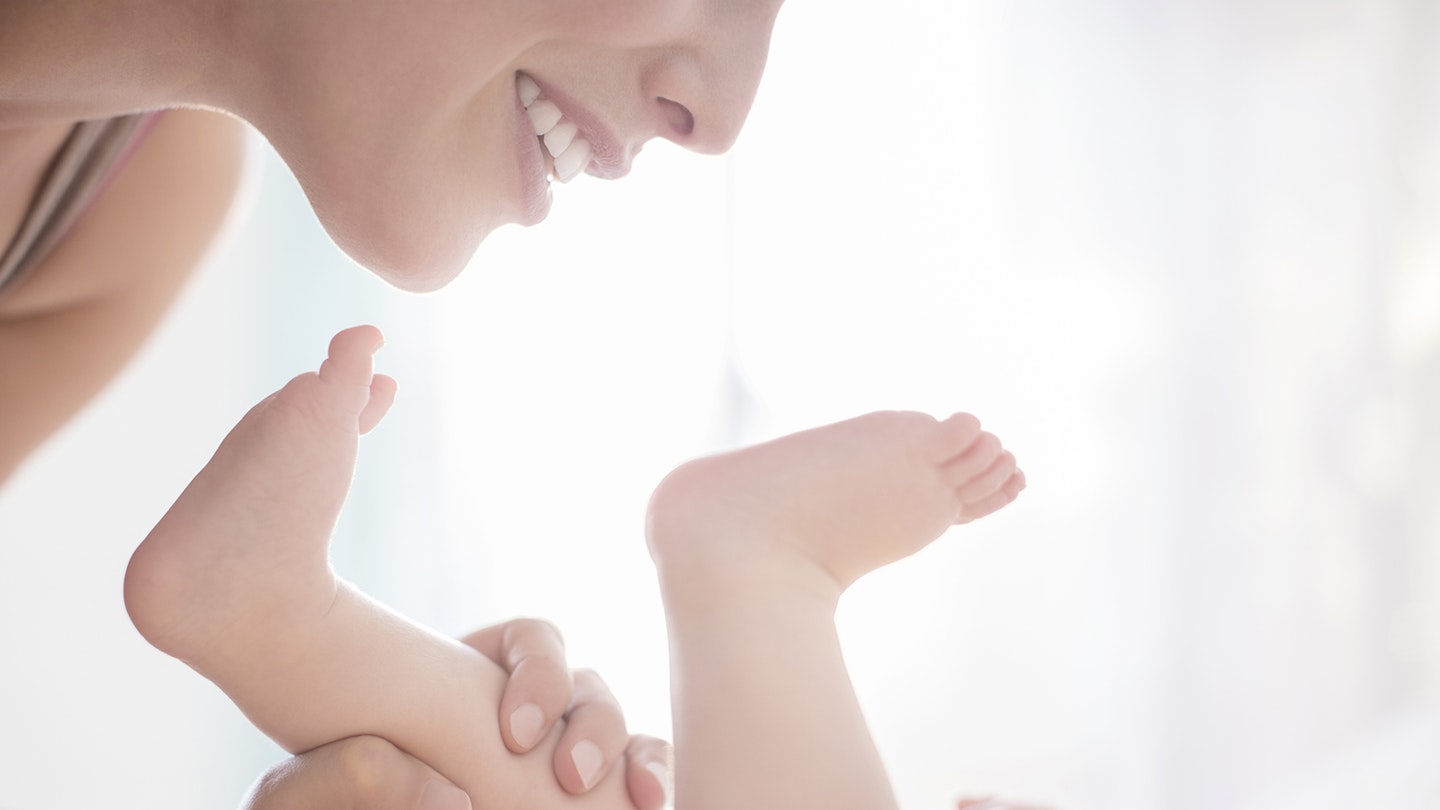In your pre-baby days, you probably would have baulked at the idea of having to buy any of the below, but now you’re a new mum, they’re lifesavers and no amount of embarrassment is going to stop you from appreciating them...
Here are all the 'embarrassing' bits that we bet are in your shopping basket now you're a mama...
embarrassing mum products
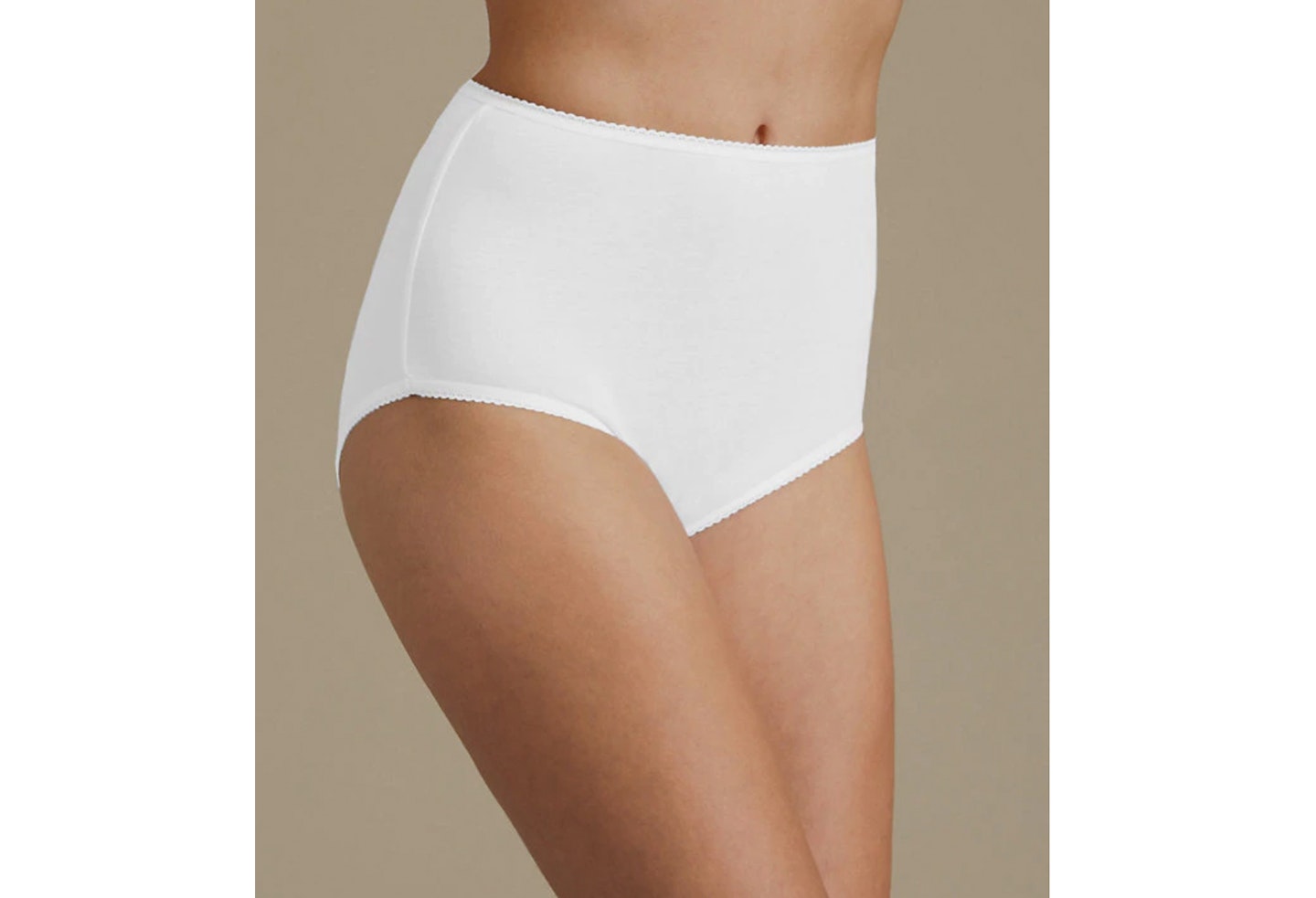 1 of 8
1 of 81) Massive pants
ou’ve just given birth, and things are probably going to be a little sore down there, so opt for a large, comfy pair of pants Plus it makes wearing the extra thick maternity pads that bit easier…
We love: Marks & Spencer full cotton briefs
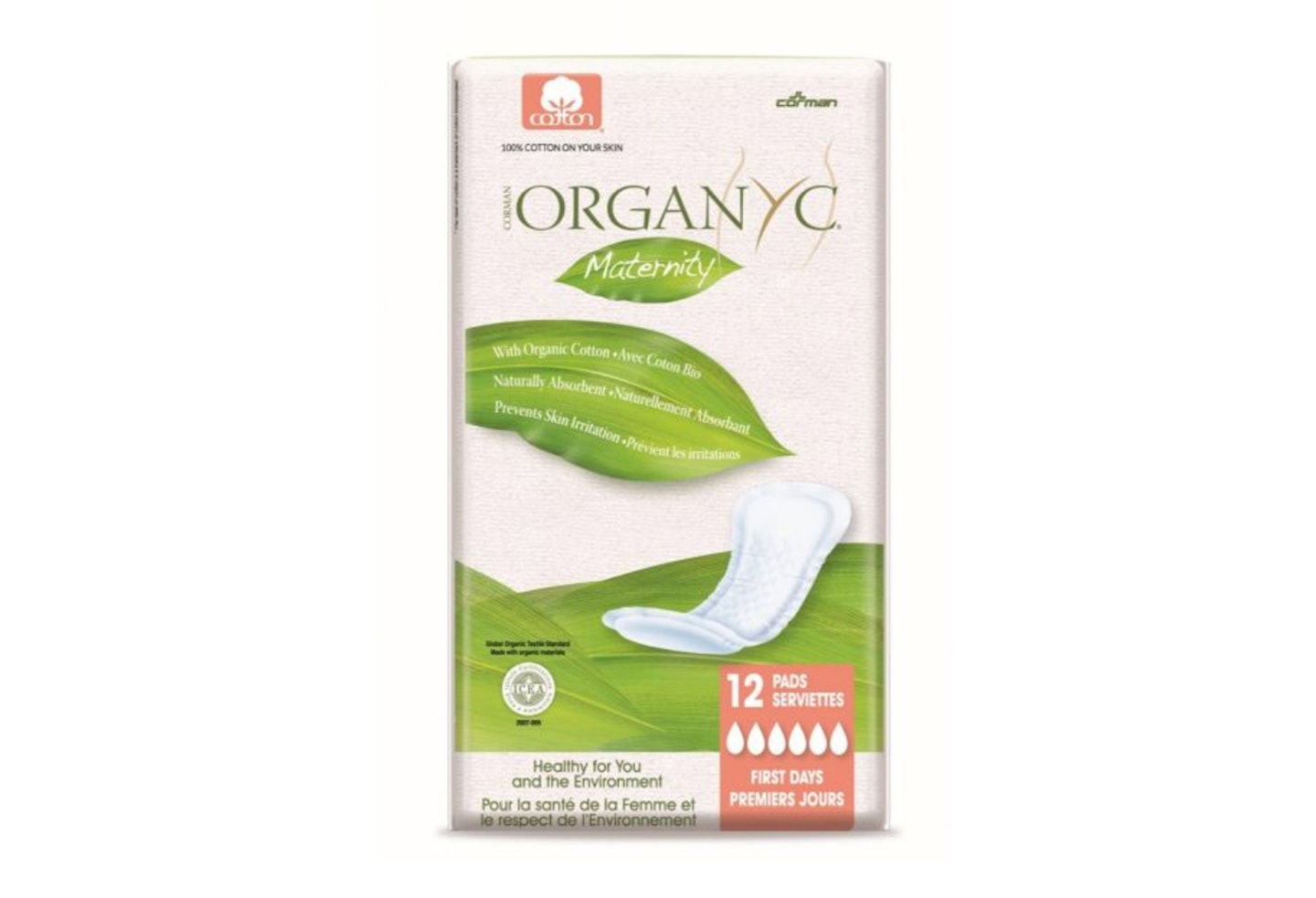 2 of 8
2 of 82) Extra thick maternity pads
So, it turns out that when you’re pregnant for nine months, you get the equivalent number of periods arrive after you give birth. It’s known as lochia, and it’s a bit like a month long period. It’s all perfectly normal, but you’ll be grateful for the extra large maternity pads until it stops.
We love: Organyc Maternity Pads
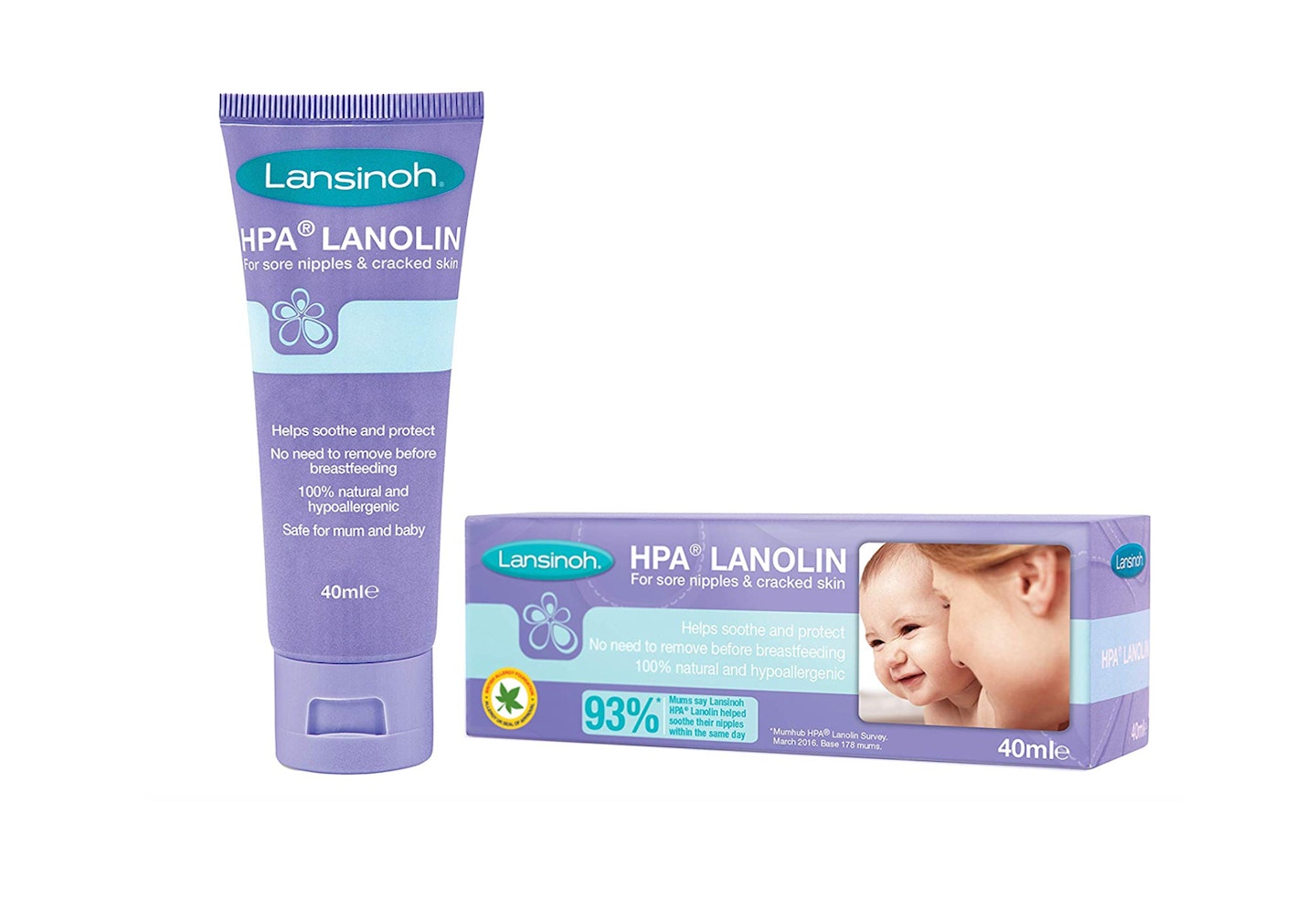 3 of 8
3 of 83) Nipple cream
If you’re breastfeeding, you may end up with sore nipples. The repeated suckling from your baby can leave them dry and cracked. The good news is that regularly applying nipple creams can help to soothe and heal any soreness.
We love: Lansinoh HPA Lanolin Nipple Cream
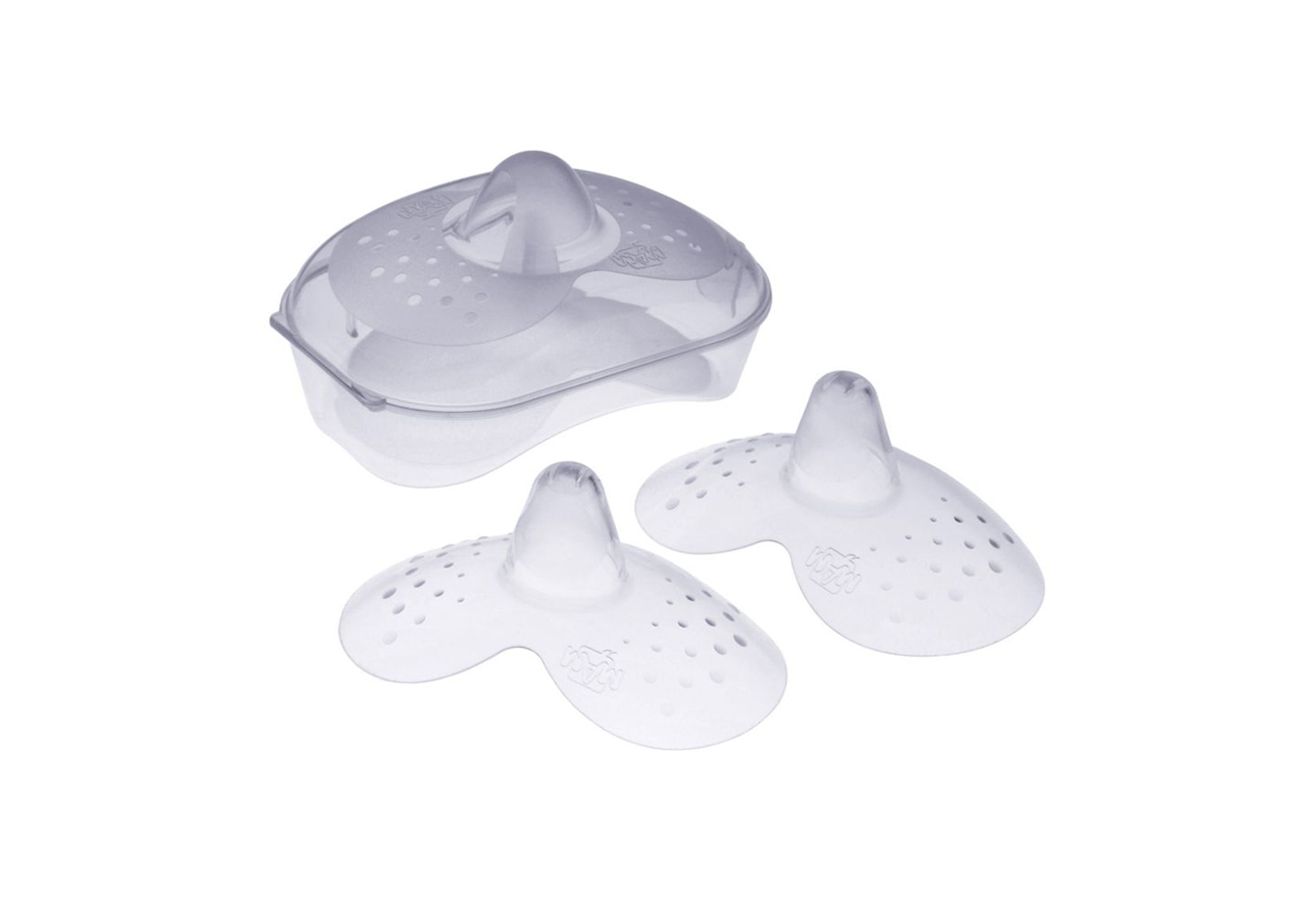 4 of 8
4 of 84) Nipple shields
If you’re struggling with sore nipples from breastfeeding, you could also try using some nipple shields. Yep, it could be awkward asking for a packet of nipple shields in Boots, but if it means helping your baby to latch on properly and breastfeed, it’s all worth it.
We love: MAM Nipple Shields
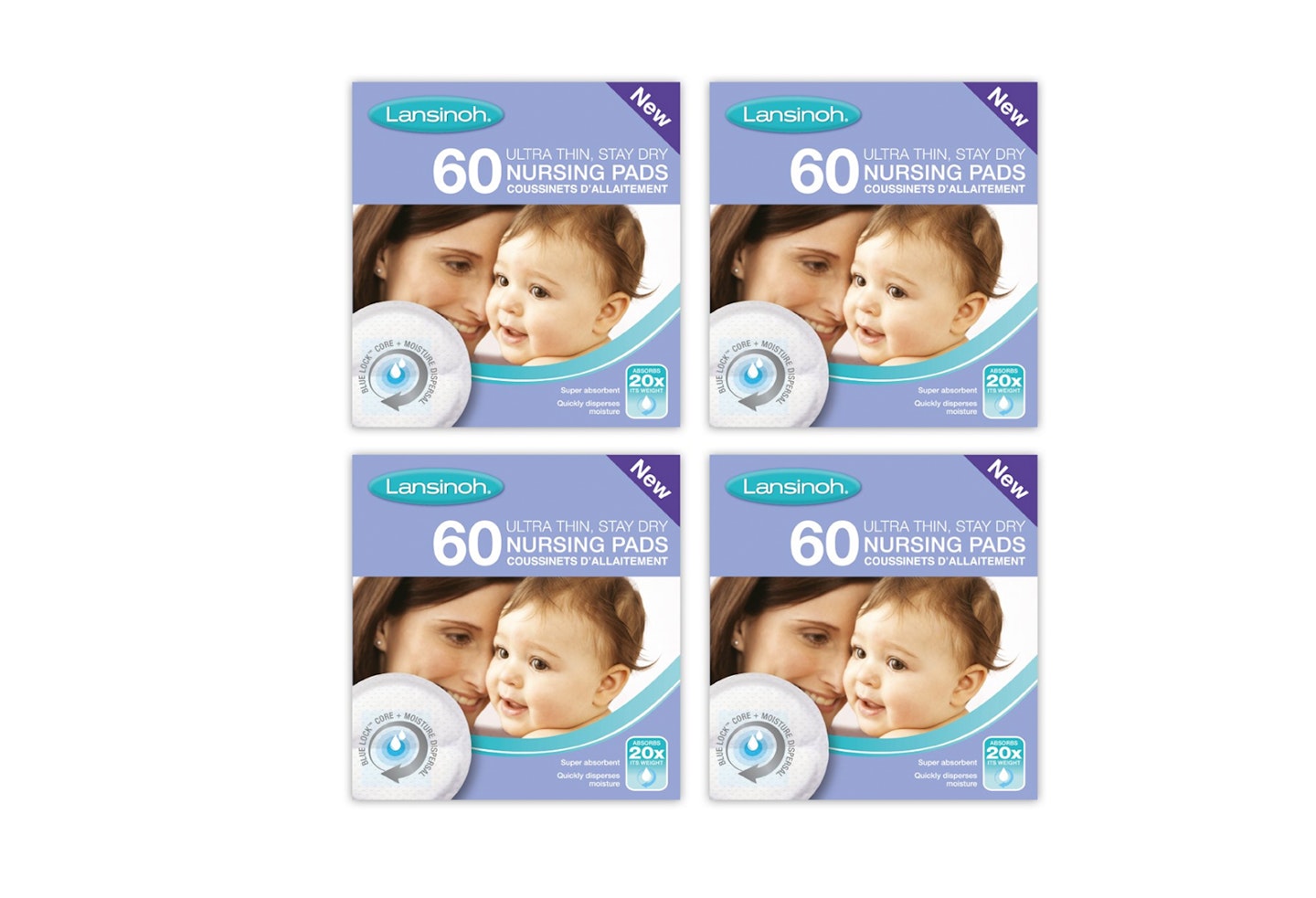 5 of 8
5 of 85) Breast pads
Leaky boobs happen. Fact. To avoid any t-shirt/damp patch mishaps, breast pads are the way forward as they help to soak up any leaking breast milk. Go for the extra soft varieties so they’re not itchy on your nipples.
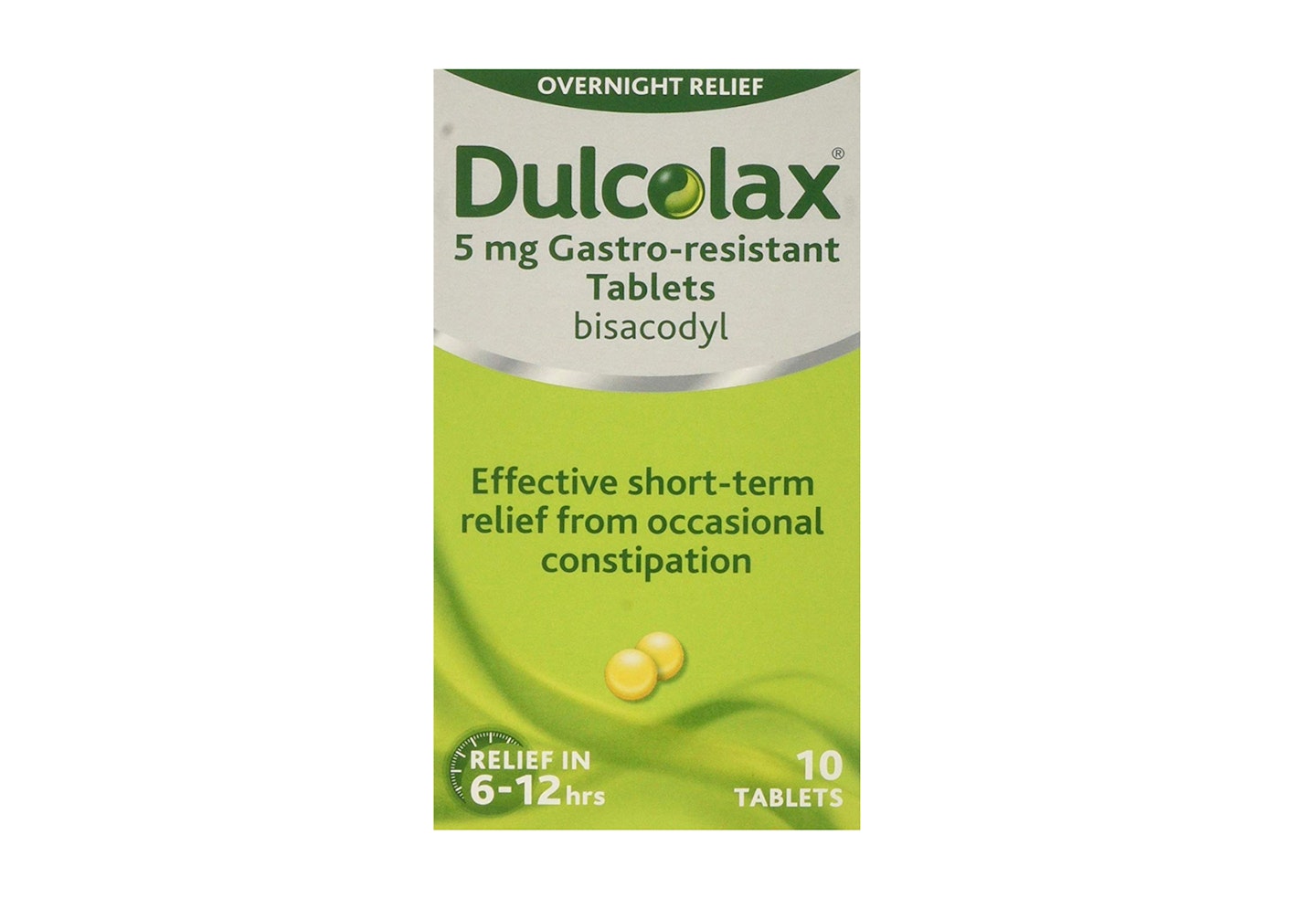 6 of 8
6 of 86) Laxatives
Around 20% of mums develop constipation after birth (according to a 2007 study). Partly, this is down to feeling apprehensive about doing your first post-birth poo, but it can also be down to the raised levels of progesterone hormones, which causes sluggish digestion. A gentle laxative is a good place to start, but if you’re really suffering, your GP can recommend something stronger to get things moving again.
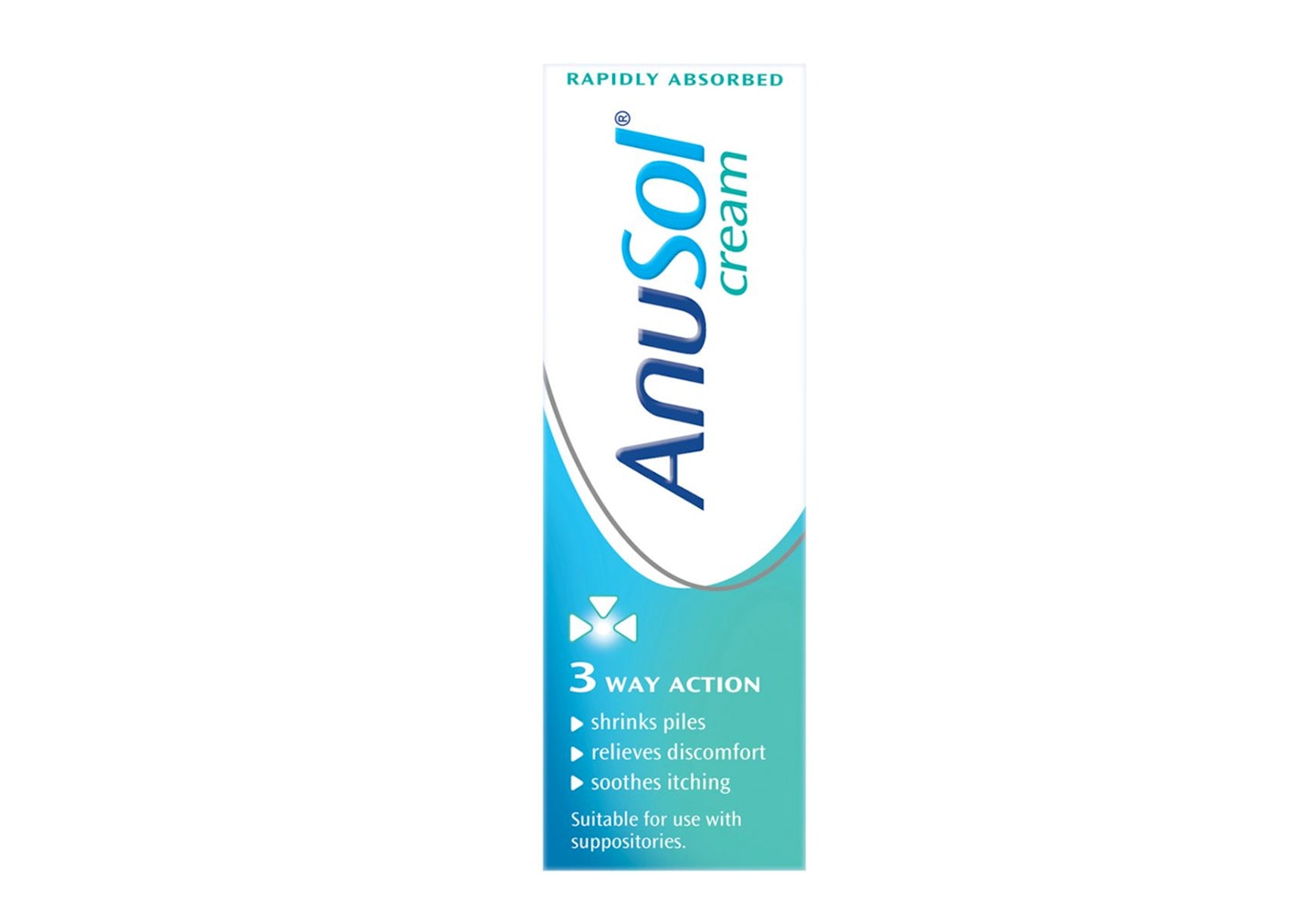 7 of 8
7 of 87) Pile cream
An unfortunate side effect of either (or both) pushing in labour and constipation is haemorrhoids (or piles). If you strain when you go to the toilet, it puts pressure on the veins in your anus causing them to bulge out.
They can fill with blood, and sometimes one of the first signs is red blood in the toilet or when you wipe. It may also feel itchy and uncomfortable around your anus. Piles are not usually serious and can clear up on their own with a pile cream, but if you’re worried, see your GP.
Try: Anusol Cream, Boots
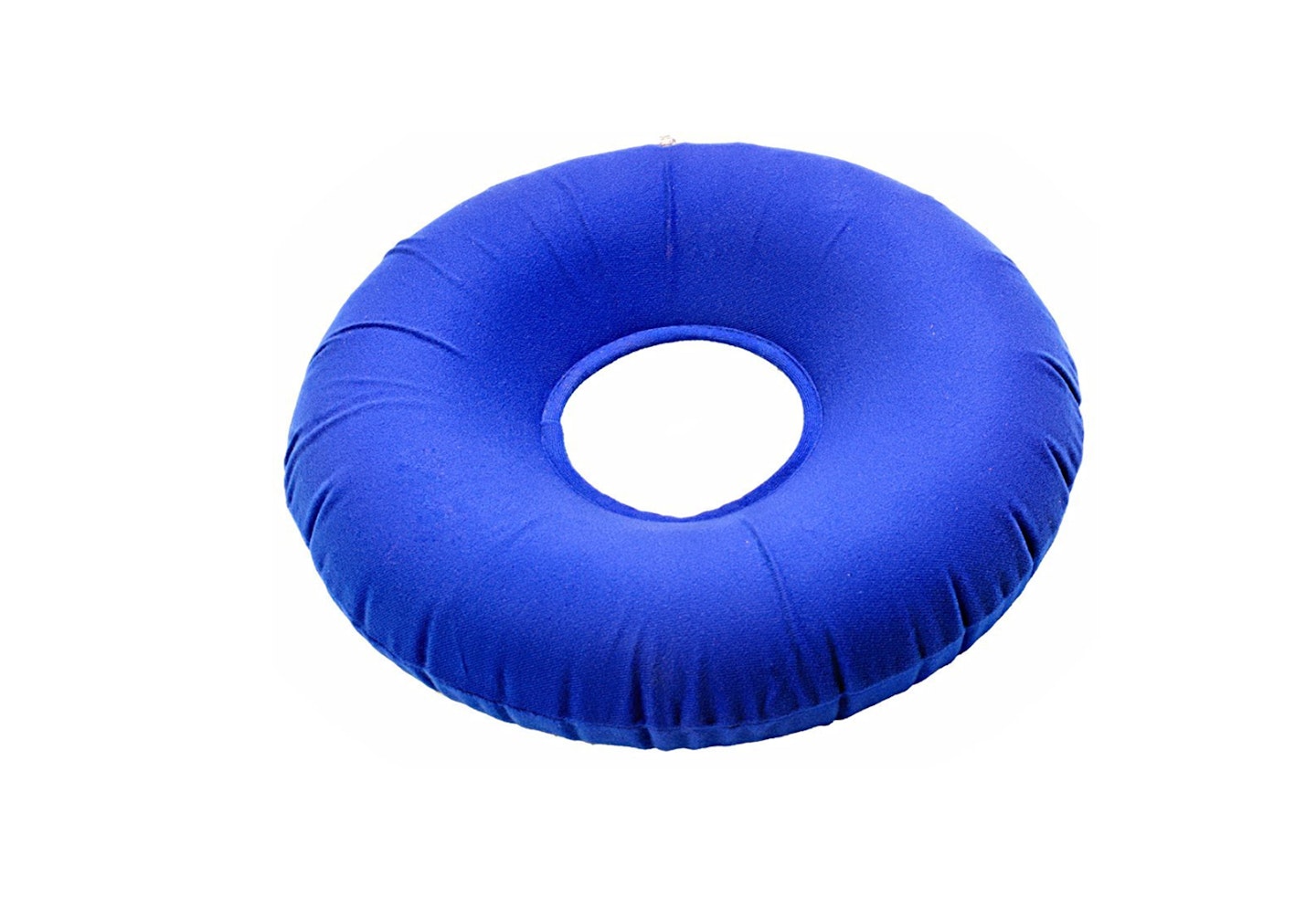 8 of 8
8 of 88) Foam ring cushion
It may look odd, but a foam ring cushion can be a godsend if you’re feeling very sore after giving birth, especially if you’ve had stitches. It reduces the amount of pressure on the vulva area so you can sit comfortably.
We love:the Medical Inflatable Donut Cushion Ring from Amazon
Now read:
